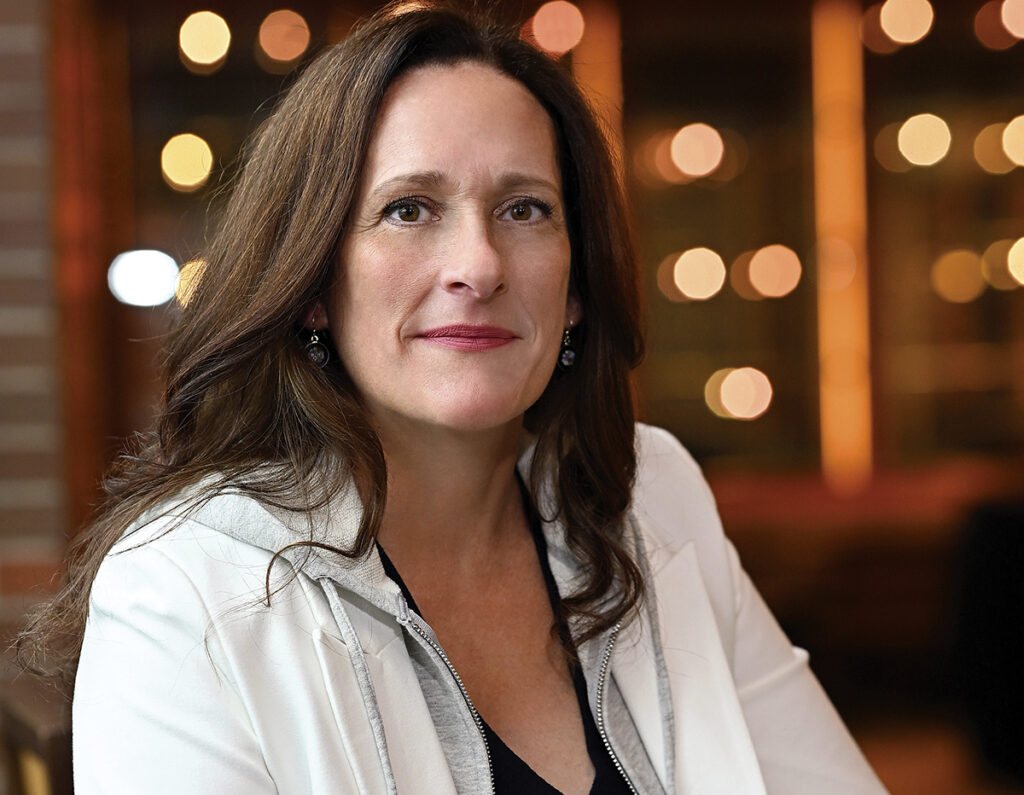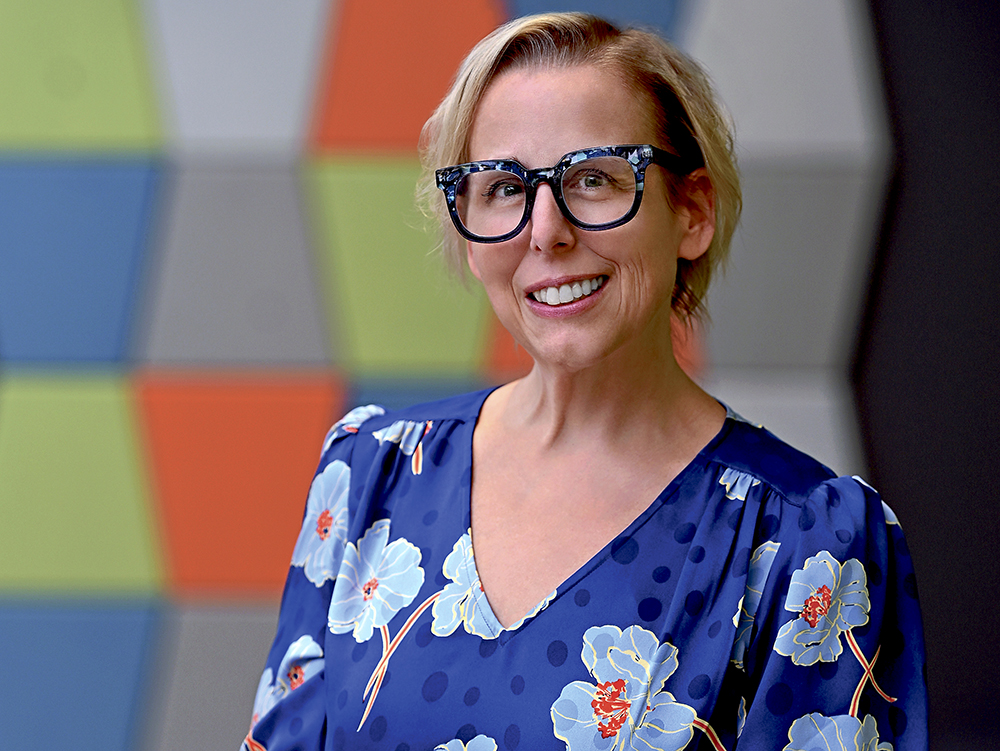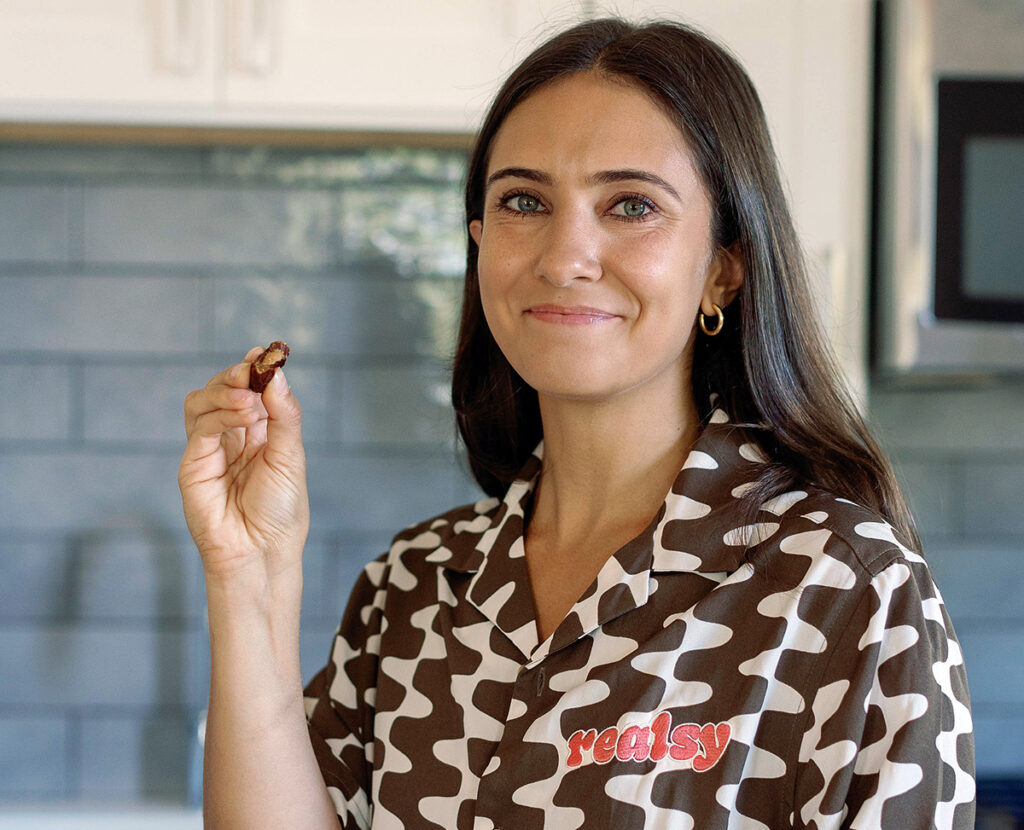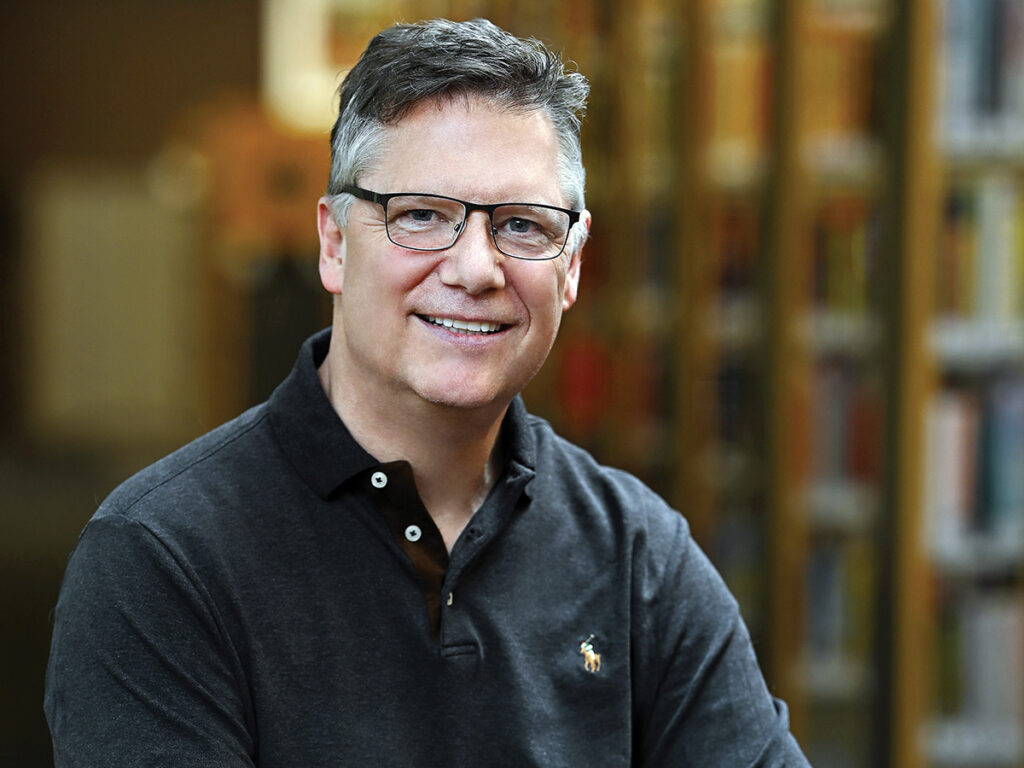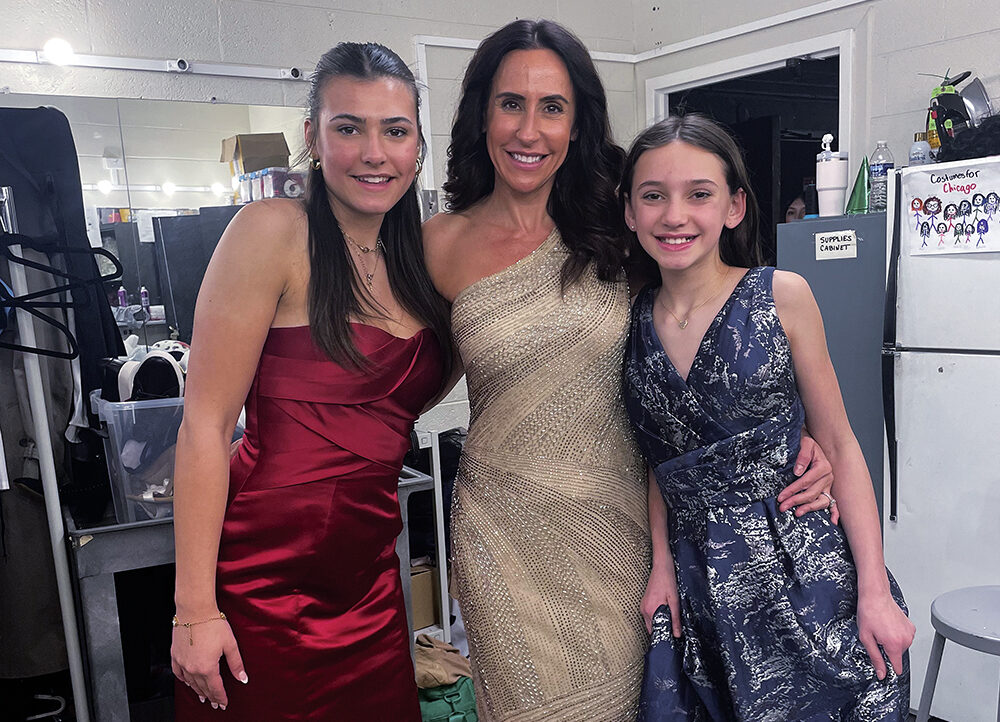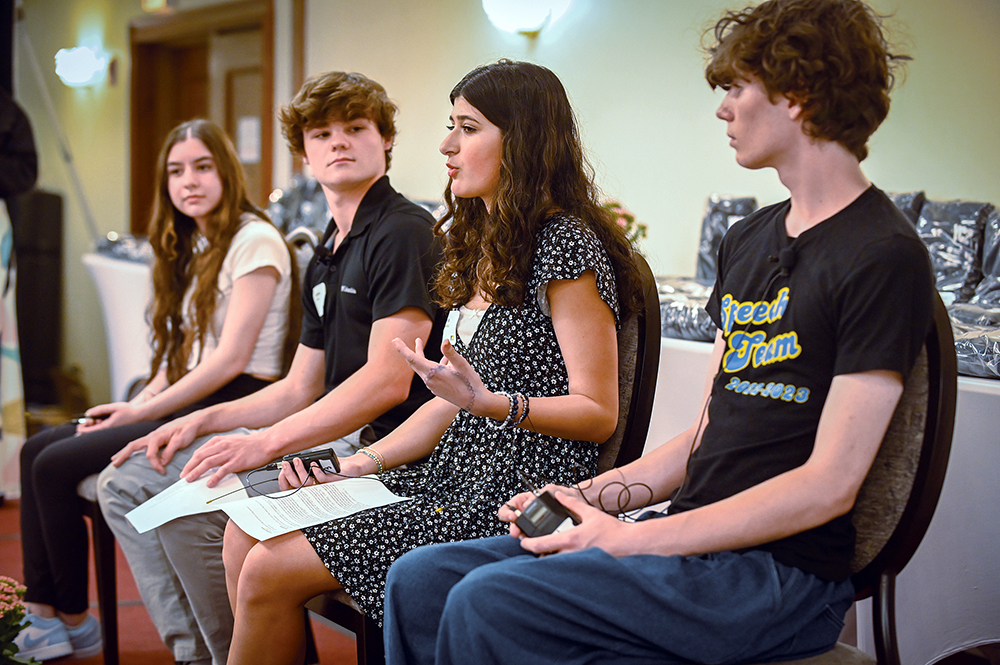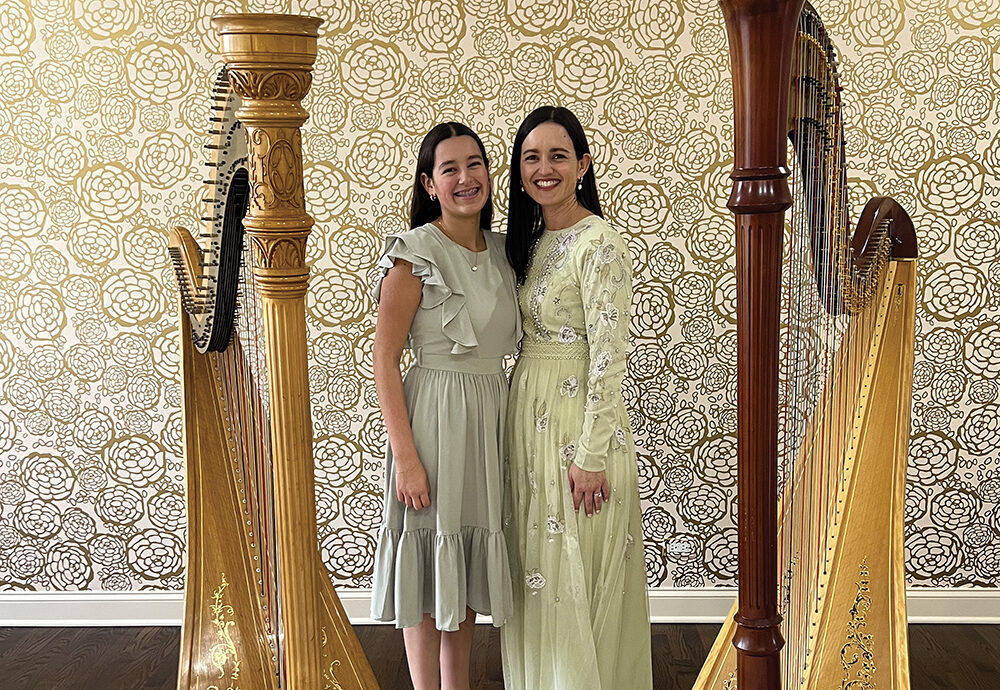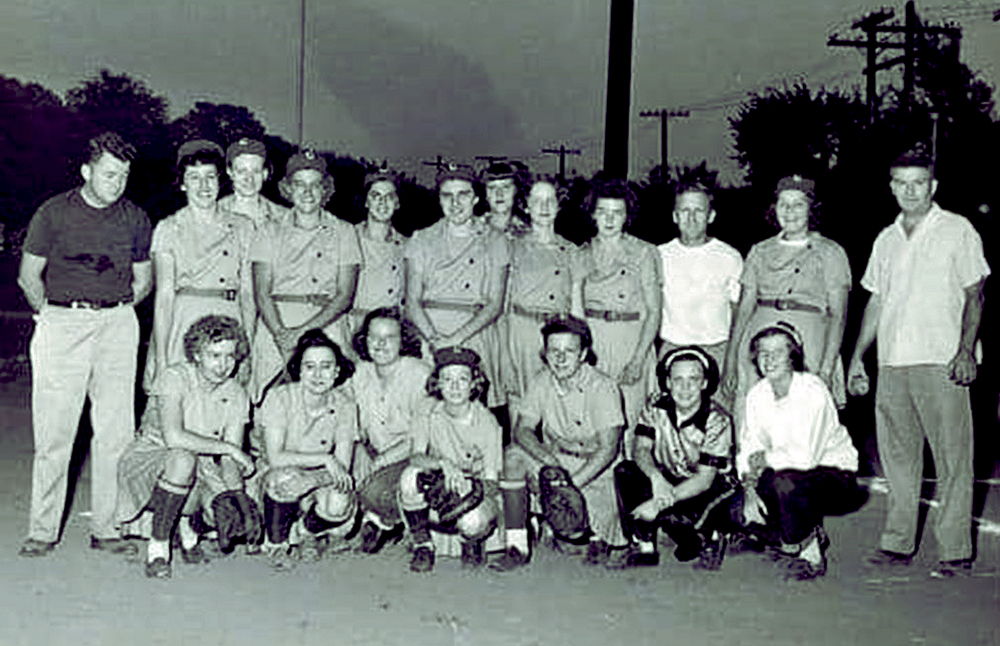Dr. Dieter Gruen: Manhattan Project Scientist
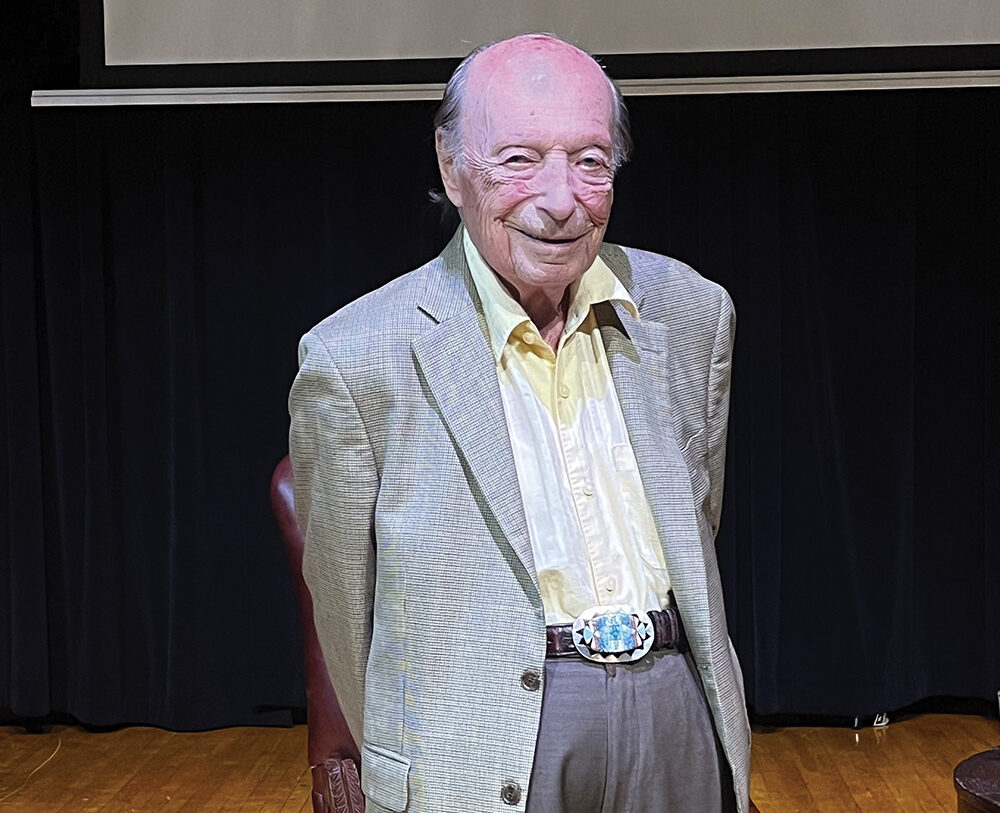
Manhattan Project Scientist stresses the importance of always moving forward
By Maureen Callahan
When people ask Dr. Dieter Gruen, famed Manhattan Project scientist and Downers Grove resident, the secret of living to the age of 101 years, the answer is simple – “a sense of wonder,” he knows. In more than ten decades of life, Gruen has never stopped being curious. “We must always be moving forward.”
On behalf of the Friends of the Downers Grove Public Library Foundation – which Gruen once served as president- the scientist recently shared his thoughts with an audience at Avery Coonley School. The centurion shared his thoughts on the importance of possibility – something that has driven his almost 102-year life.
Gruen was born in Waldorf, Germany, in 1922. “I had a very normal and wonderful start,” he attested. The rise of the Nazi party, however, changed the trajectory of his family’s life. “Hitler Youth began to block my way to school, so eventually, I could no longer attend,” Gruen said. “Like most Jews, my father lost his teaching job right after Hitler came to power, so when I was 14, we fled. My parents went to Luxembourg and sent myself and my brother to this country.” An aunt and uncle raised Gruen in Arkansas until his parents got passage to the U.S. “The timing was really everything. We were blessed to make it over here, as many German Jews did not survive,” Gruen relayed.
Eventually, he attended Northwestern University, where he earned a Bachelor of Science in Chemistry with honors.
His academic success led a professor to recommend him for recruitment to the Manhattan Project – the United States government’s top-secret effort to develop the atomic bomb. “We were asked if we wanted to help end the war and stop Hitler,” Gruen recounted. “I had been working in the metallurgical labs at Northwestern after graduation,” Gruen relayed. “But the real manpower for the war was needed in work on the Uranium Project.”
He was sent to Clinton Engineer Works in Oak Ridge, TN – one of the Manhattan Project’s three primary production sites. Gruen joined the chemical research team of the project. “I worked on the large-scale electromagnetic separation of uranium isotope 235 (U-235). If I were to explain further about the isotopes, we would be here the rest of today, tomorrow, and after that,” Gruen relayed with a quiet chuckle. “It’s complicated.”
Once the U-235 isotopes were isolated from the uranium, they were shipped to Los Almos to be included in the bomb that was dropped on Hiroshima.
“After the war, scientists who had worked on the Manhattan Project at Oak Ridge formed groups to discuss ways to mitigate the proliferation of nuclear weapons. Now, 79 years later, all of humanity is wrestling with their use in wartime today,” said Gruen.
After the war, Gruen continued his education at The University of Chicago, where he earned a PhD in Chemical Physics. It was here that he met his wife, Dolores, a fellow graduate student working on her doctorate in psychology. She went on to help District 58 establish early intervention programs for students with learning disabilities, some of which are still in use today. The couple settled in Downers Grove in 1959, where they raised three children.
Gruen built a wildly successful career with Argonne National Laboratory that spanned more than 60 years. He became one of the senior scientists on staff and eventually grew into the role of Associate Director of Material Sciences. The new millennium saw Dr. Gruen return to full-time research, particularly the possibilities of solar energy.
Gruen’s current research concentrates on harnessing plentiful, renewable energy, for which he stressed the importance. “Fossil fuels are stored energy, but there will come a time when they will be gone at the rate at which we use them,” Gruen stated. “We must learn to use the sun’s energy more efficiently. Nature tells us that, in principle, we could convert eighty-six percent of sunlight to electricity. It’s very important we continue to research ways to do that.”
Gruen holds 60 patents, the most recent of which he acquired at the age of 98. When asked which patent is his favorite, he replied, “Whichever one I am currently working on.” At a century plus one, the scientist still works in the laboratories at Northwestern. He is still moving forward. “It’s a good idea to continue to focus,” Gruen advised. He has no real plans to retire.
Someone in the crowd inquired of his secret to reaching this age so successfully, to which Gruen replied, “God has been good to me. That’s all I can say.”
The Downers Grove Library Foundation is a nonprofit organization with the mission to fund extraordinary gifts to the library beyond taxpayer support. Any support to the foundation directly impacts the library and, in turn, our community. Visit DGPLFoundation.org.
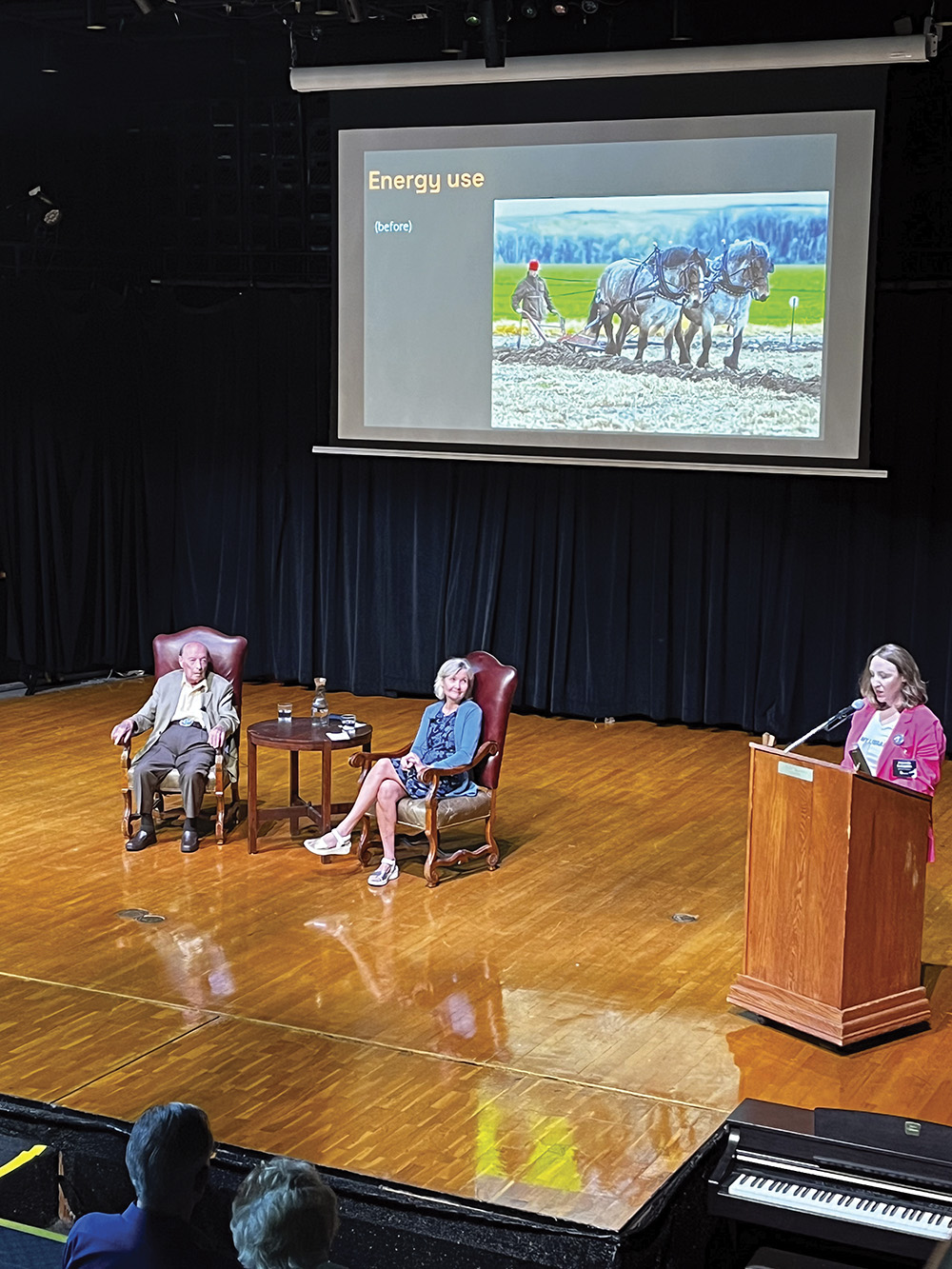
Anne Wick, President of DGPL Foundation, conducted the interview


